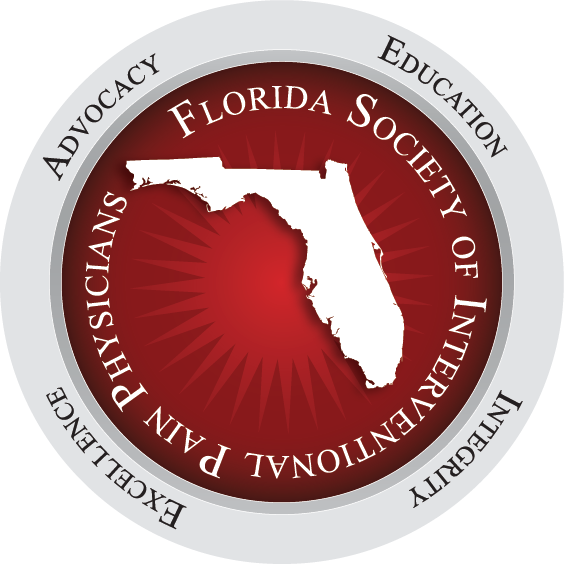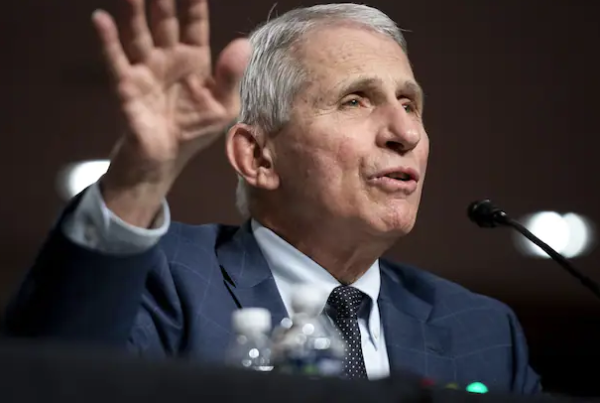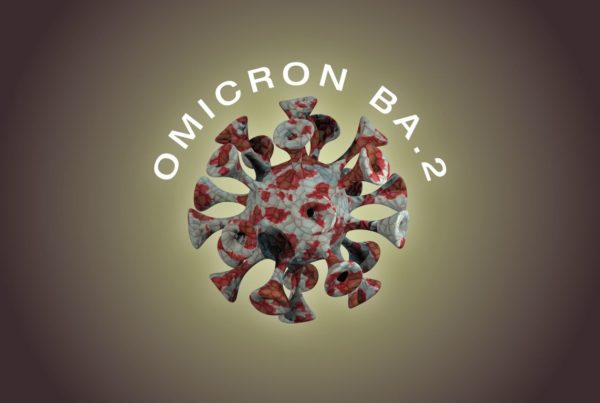The FDA Vaccines and Related Biological Products Advisory Committee (VRBPAC) met on Friday, in part, to discuss a proposed plan to administer a third dose of the Pfizer-BioNTech vaccine 6 months after the initial 2-dose course. Last month, the Biden Administration announced plans to initiate booster dose campaigns for the Pfizer-BioNTech vaccine starting September 20. While the plan was announced weeks ago, the vaccine has not been authorized for a third dose for most people. In a surprising turn, the panel rejected, by a vote of 16-2, boosters for almost everyone. Members cited a lack of safety data on extra doses and also raised doubts about the value of mass boosters, rather than ones targeted to specific groups. Then, in an 18-0 vote, it endorsed the extra shot for select portions of the U.S. population — namely, those most at risk from the virus. The Advisory Committee determined that the known and potential benefits of a booster dose outweighed the known and potential risks for older adults, and for individuals 16 and up at high risk of severe disease. The committee also agreed that healthcare workers and others at high risk for occupational exposure should be included in the EUA. Today’s ruling was just the first step in the process. The FDA itself is expected to make a decision on boosters in the next few days, but it usually follows the committee’s recommendations. The offering of boosters is also subject to review by the Centers for Disease Control and Prevention. A CDC advisory panel is expected to take up the question on Wednesday. The CDC has said it is considering boosters for older people, nursing home residents and front-line health care workers, rather than all adults. The FDA and CDC will most likely decide at some later point whether people who received the Moderna or J&J shots should get boosters.
Florida is leading the nation in monoclonal antibody treatments with 63,000 Floridians having received monoclonal antibodies at state-supported centers, according to the Governor’s Office. In addition, federal data show another 22,600 people have received monoclonal antibodies through hospitals in Florida.
CSSE is reporting 41,919,447 positive cases in the U.S. and 671,911 deaths. FDOH has changed its reporting of data from daily to weekly. DOH reported for the week ending September 16, 3,485,163 confirmed cases in Florida, with 51,240 deaths.



